Sometimes history is made through great negotiations. Wars have been avoided and events destined to head in one direction have changed direction or otherwise been averted by some tough and astute negotiations. There are many examples of such people throughout history and here are some of the most noteworthy.
1. Henry Kissinger
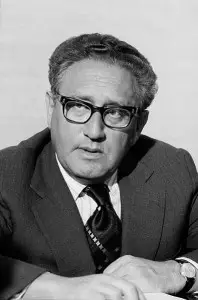
One of the great political negotiators of the 20th century, Kissinger served as Secretary of State under Presidents Nixon and Gerald Ford. He was responsible with forging cordial peace with the Soviet Union, opening negotiations with China and ending American involvement in Vietnam (the Paris Peace Accords). He is still a highly respected negotiator and was granted the Nobel Peace Prize in 1973, though this proved controversial because peace had not actually been achieved in Vietnam. Kissinger went on to be an advisor to subsequent Presidents.
2. The Immortal Seven
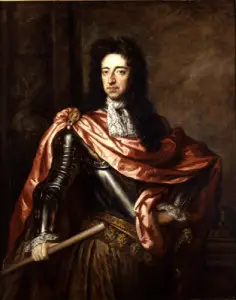
William of Orange was reluctant to invade Britain due to the catastrophic end to the reign of James II but on behalf of his wife (Mary II) he felt he had to do something. He categorically stated that he would not invade unless invited. That formal invitation came in the form of a letter to William, pleading with him to land an army and that he would gain the support of the nobility. The signatories of the letter were known as ‘The Immortal Seven’ and William accepted their invitation, ending Stuart rule and founding the Hannover line.
3. Mohandas Gandhi
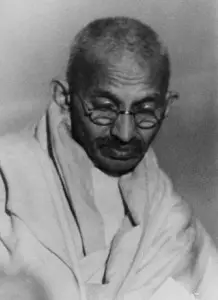
Gandhi is known as one of history’s premier peace activists, responsible for the birth of modern India during British rule. He was the figurehead for Indian nationalism and employed non-violent methods in pursuit of his goals. Due to his peaceful methods of protest, the British Empire agreed to negotiate with him, something that would be known as ‘The Gandhi-Irwin Pact’, a treaty that led to greater negotiation between the British rulers and the Indians and eventually, independence for India.
4. John F. Kennedy
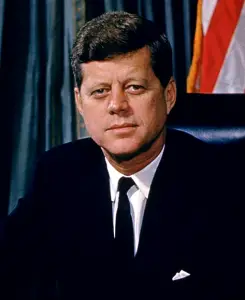
He may be best known for being one of only a handful of US Presidents to have been assassinated, but JFK showed the true value of good negotiation during The Cuban Missile Crisis. It was the single incident that came closest to leading to all-out nuclear war when Russia sent nuclear missiles within a few hundred miles of the US mainland. The successful negotiation to have them removed (as well as US missiles from Turkey), and the end of American blockades, revealed the necessity for a hotline between the two countries.
5. Nikita Khrushchev
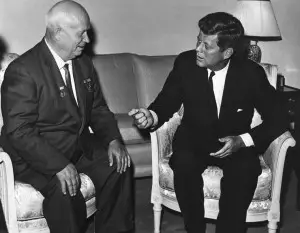
Kennedy’s opposite to the Cuban Missile Crisis warmed to the US President after this and the pair enjoyed the improved relations. This improvement led to more negotiations in which the Test Ban Treaty was arranged and signed between Krushchev, Averell Harriman of the USA and Lord Hailsham of the UK to limit nuclear testing to underground. His hopes for further development were dashed with the assassination of Kennedy and his successor Lyndon Johnson distracted by domestic issues.
6. King Alfred (The Great)
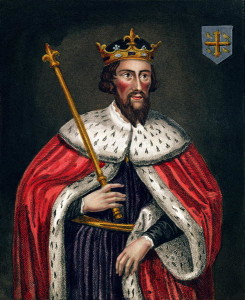
For several months his Wessex kingdom was reduced to a few square miles on the Somerset Levels, southwest England. So how precisely did he not only stop The Great Army from wiping out the Saxon kings forever, but allow his successors to unite the kingdoms into England? Certainly his strategy of fortified towns and a formal army helped, but it was the peace treaty and border agreement with Guthrum known as ‘The Danelaw’ that allowed him to begin to rebuild. He also married his daughter into the kingdom of Mercia, ensuring that their successors would inherit both kingdoms.
7. Ramesses II
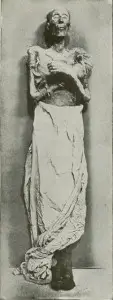
Without doubt the greatest of the Egyptian Pharaohs, he was a great war-leader, builder and international statesman who put Egypt back on the world stage. In amongst all the temples, statues and palaces built during his reign, some argue that his greatest achievement was the peace treaty he signed with the Hittites ‘ a people with whom Egypt had been at constant war. Lasting peace would come after his death though when the powers signed an alliance but this treaty marked an end to hostilities.
8. Mustafa Kemal Atatürk
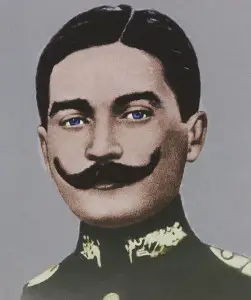
The man credited with founding the modern secular Turkey, Atatürk is considered one of history’s great statesmen. For most of his early career, he negotiated neutrality agreements with Turkey’s neighbours but from 1930 he negotiated many friendship pacts and mutual defence policies with Greece, Romania and Yugoslavia ‘ some of these countries the Ottomans had had difficult relations over the previous years. These were known as ‘The Balkan Pacts’ and though they didn’t work in the long-run, they provided the template for similar post-war pacts.
9. Charles de Gaulle
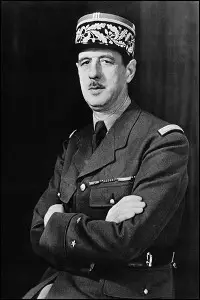
A highly respected politician both during and after World War II, with various allies recognising or not recognising him as the leader of free France (or Vichy) de Gaulle spent most of his career courting controversy. However, he was one of the negotiators that dealt with the surrender of Nazi Germany and oversaw the breakup of east and west. Later on in life, he would continually block Britain’s attempts to enter into the EEC ‘ citing unhappiness with potential American influence within the fledging economic body.
10. Franklin D. Roosevelt
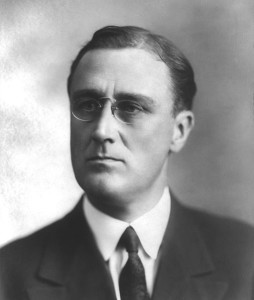
Roosevelt is known for many great accomplishments in life, the New Deal to get Americans back to work after the Great Depression especially. The main problem he had to face in later years was the degree of American involvement in World War II. He faced hostility from Charles Lindbergh to the aid he was giving the allied powers. Arguably, his ‘fireside chats’ with the American people were used to attempt to persuade that he was doing the right thing ‘ particularly with regard to helping the allied powers before the USA formally entered into the war in 1941.
Conclusion
Negotiation ‘ is it an art form or a science? It is an art form because it often requires creativity, and a necessity to be adaptable to the conditions of development. It is a science because it requires critical thinking and cautious analysis of the situation. One thing is certain – it is an important part of negotiation especially in the political process to avoid war or other avoidable conflicts. If Kennedy and Kruscchev could manage it, then it is always possible.
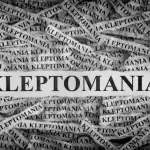


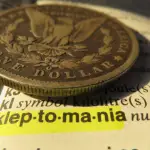




Leave a Reply